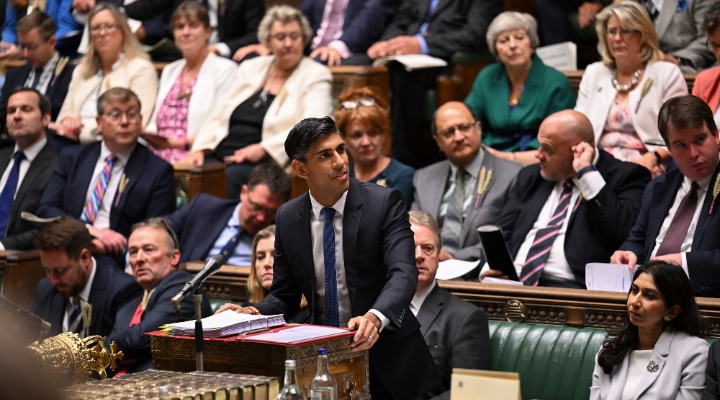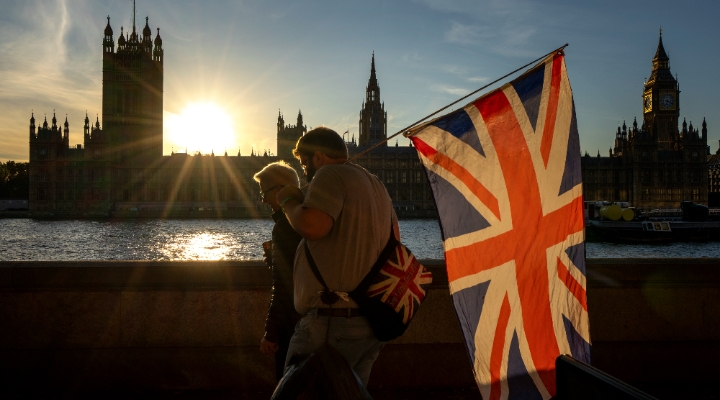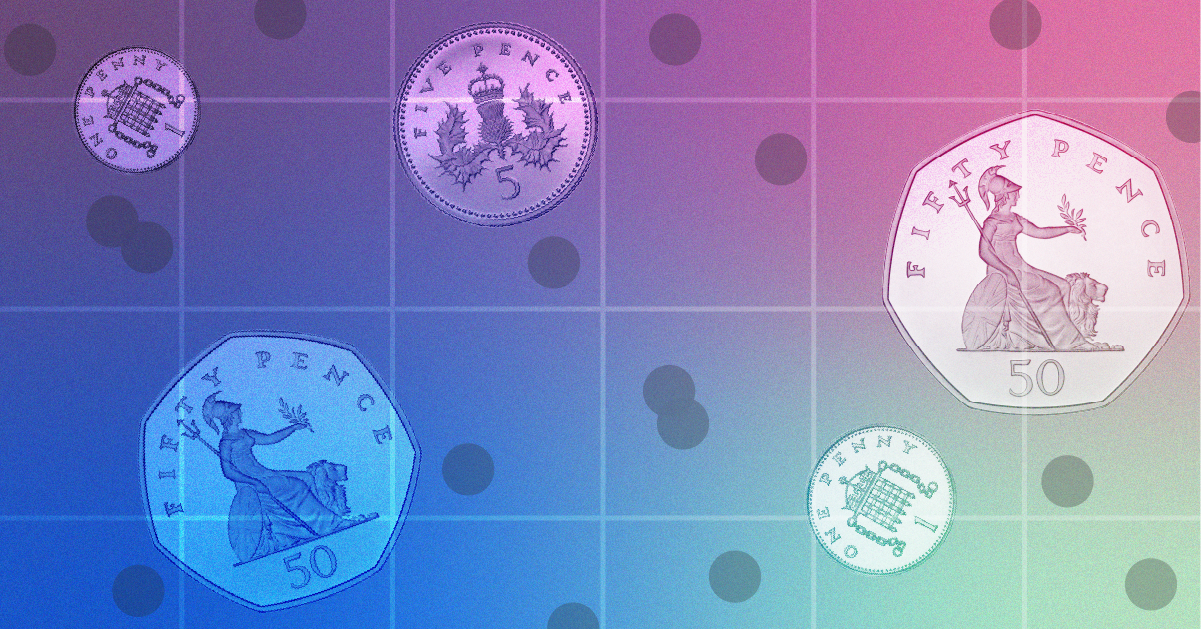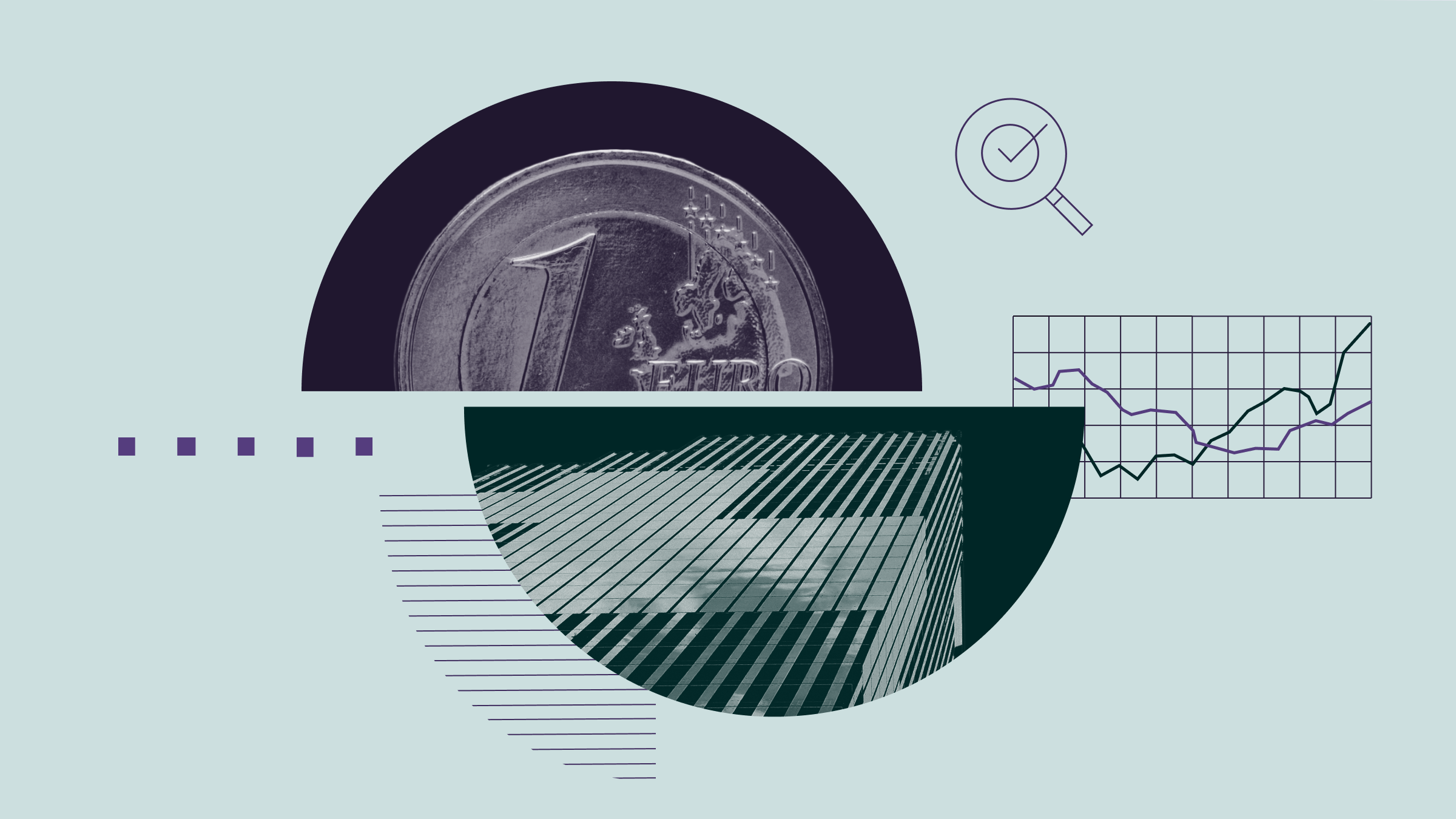
UK headline inflation unexpectedly cooled last month as stubborn core price pressure finally eased, figures from the Office for National Statistics (ONS) showed on Wednesday.
Annually, consumer prices rose by 6.7% in August, easing from a 6.8% rise in July. August's reading undershot market forecasts, as cited by FXStreet, which predicted inflation would heat up to 7.1%.
"Large downward effects from restaurants and hotels, food and non-alcoholic beverages, recreation and culture, and furniture and household goods were partially offset by upward contributions from transport, and housing and household services," the ONS said.
Rising prices for motor fuel were the largest upward contribution to the annual rate, the ONS noted.
On a monthly basis, UK consumer prices rose 0.3% in August, having fallen 0.4% in July from June. Market expectations had been for a 0.7% rise in August.
The annual core inflation rate - which excludes energy, food, alcohol, and tobacco - cooled to 6.2% in August, from July's reading of 6.9%. August's reading had been expected to come in at 6.8%.
The cooler-than-expected data is likely to take some of the pressure off the Bank of England, ahead of its interest rate decision on Thursday. The BoE is expected to hike rates by 25 basis points.
Separately, the ONS reported UK producer prices continued to trend downwards annually in August, but prices rose on a monthly basis.
Annually, producer input prices fell 2.3% in August, after falling by a revised 3.2% in July. August's reading was expected to be a 2.7% decline, while July was first reported as a 3.3% fall.
Crude oil and petroleum products provided the largest downward contribution to annual rates of input and output inflation, respectively, the ONS said.
"While annual producer price inflation rates have recently turned negative, with prices in some sectors falling, the index levels for both input and output prices remain substantially higher than their 2021 levels," it noted.
Producer input prices rose 0.4% on a monthly basis in August, reversing the 0.4% monthly fall in July. They had been expected to rise by 0.2%.
By Elizabeth Winter, Alliance News senior markets reporter





























